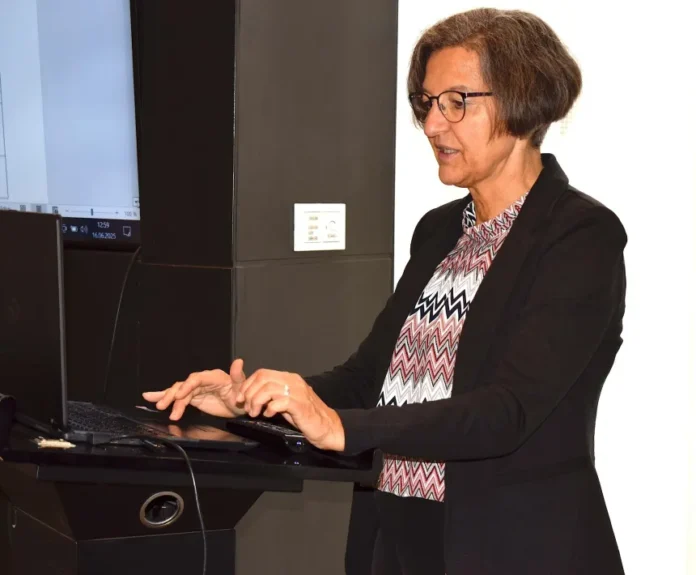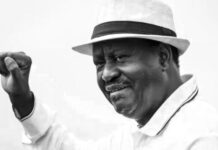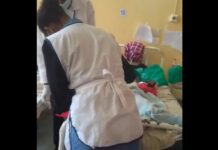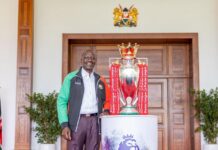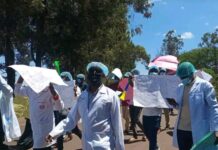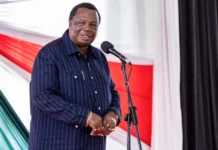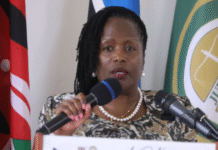Kenya has launched a regional conference aimed at strengthening regulatory capacity for the evaluation of generic medicines through enhanced bioequivalence (BE) assessments. The five-day workshop, held in Nairobi, is a collaborative effort between Kenya’s Pharmacy and Poisons Board (PPB) and the Global Health Protection Programme (GHPP)–PharmTrain2 initiative.
The event brings together regulatory experts from across the region, including Ethiopia, Uganda, Rwanda, Tanzania, Zanzibar, and Egypt. It focuses on bridging critical gaps in the pharmaceutical manufacturing value chain and enhancing healthcare delivery through improved oversight of generic drug quality.
Bioequivalence assessment is vital in ensuring that generic medicines meet international standards of safety, quality, and efficacy. By accurately evaluating clinical study reports, regulators can better ensure that approved generics perform as effectively as brand-name drugs.
The workshop is supported by Germany’s Federal Ministry of Health (BMG) and implemented by the Federal Institute for Drugs and Medical Devices (BfArM). It is part of a broader effort under the PharmTrain2 initiative to deliver specialized training to four African regulatory bodies designated as Regional Centres of Regulatory Excellence (RCOREs).
“This initiative not only enhances technical expertise but also builds public trust in the safety and effectiveness of generic alternatives,” said a PPB spokesperson.
The program also highlights Kenya’s growing leadership in pharmaceutical research, with the country recognized as a Centre of Excellence in Bioequivalence and Pharmaceutical Research.
Ultimately, the initiative aims to establish a sustainable network of Trainers of Trainers across Africa, strengthen local regulatory frameworks, support domestic manufacturing, and increase access to affordable, high-quality medicines across the continent.
Written By Rodney Mbua









